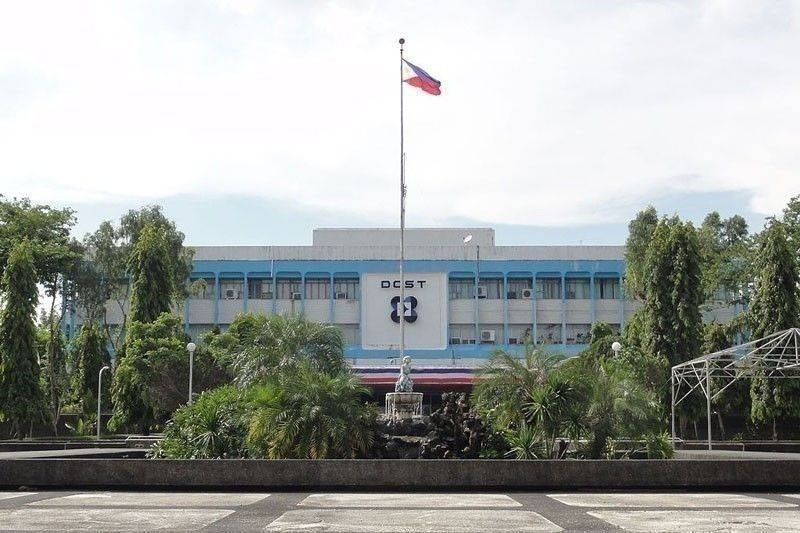
Upgrade to High-Speed Internet for only ₱1499/month!
Enjoy up to 100 Mbps fiber broadband, perfect for browsing, streaming, and gaming.
Visit Suniway.ph to learn
Japanese flags flutter along Ayala Bridge in Manila on Monday, ahead of the official visit of Japanese Prime Minister Shigeru Ishiba on April 28, 2025.
The STAR / Ryan Baldemor
MANILA, Philippines — Japan is preparing to transfer several of its decommissioned naval ships to the Philippines, according to a report by Japanese media.
Tokyo-based newspaper "Yomiuri Shimbun" reported that the governments of Japan and the Philippines have reached an agreement for the export of six used Abukuma-class destroyer escorts.
The move is aimed at improving “interoperability with the Philippine military and jointly strengthening deterrence and response capabilities against China,” the report said.
The Abukuma-class vessels were originally commissioned between 1989 and 1993.
The newspaper cited multiple Japanese government officials who said the two countries had agreed on the transfer of the six warships.
It also reported that Japanese Defense Minister Minoru Kihara and Philippine Defense Secretary Gilberto Teodoro confirmed the arrangement during a meeting in Singapore in June 2025.
The destroyer escorts, which have been in service for over 30 years, are gradually being retired by Japan’s Maritime Self-Defense Force due to personnel shortages. They are set to be replaced by newer vessels that require smaller crews.
Each ship measures 109 meters in length and has a standard displacement of 2,000 tons, with a crew requirement of around 120 personnel.
Equipped with anti-submarine and anti-ship missiles, the Abukuma-class ships are primarily designed for patrol duties in Japanese waters. However, they lack helicopter capabilities due to their smaller size compared to standard destroyers.
Philstar.com has reached out to the Armed Forces of the Philippines for comment and additional details, but has yet to receive a response.
Last month, Japan’s House of Councillors approved the Reciprocal Access Agreement with the Philippines, which serves as the legal framework for the deployment of each other’s troops in both countries’ territories.

 11 hours ago
2
11 hours ago
2



